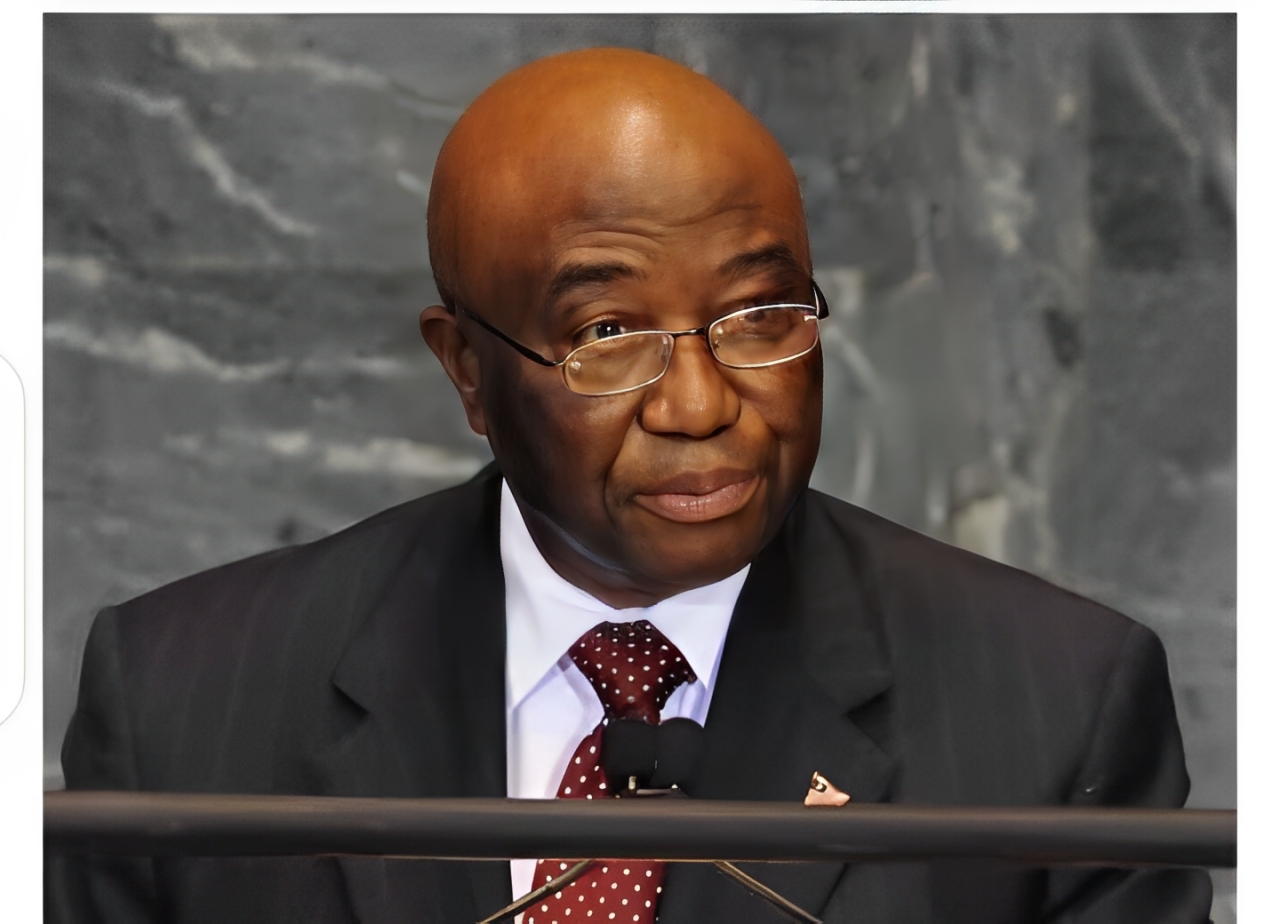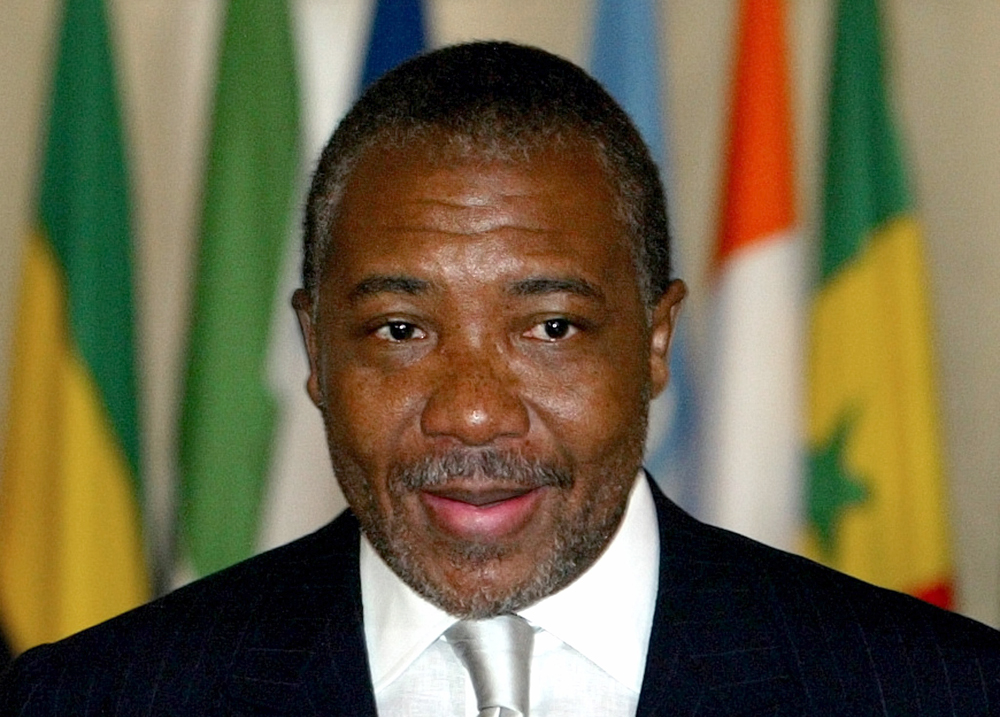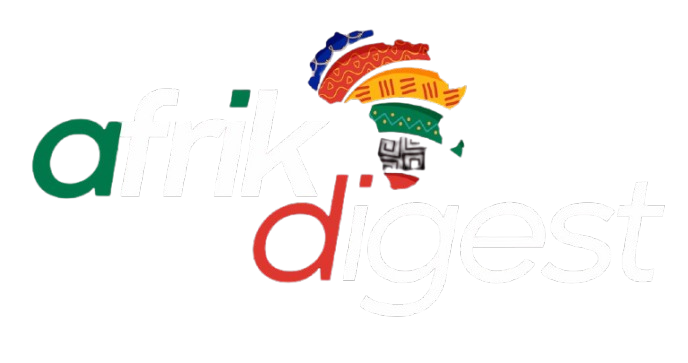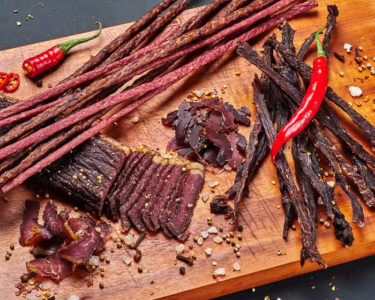
Liberia was founded in 1822 as an outpost for returning freed slaves from the Americas. It’s a country situated in West Africa, bordered by Sierra Leone, Guinea and the Ivory Coast. The official language of Liberia is English but the majority of the population speaks one of 29 African languages of the Niger-Congo language family.
It grew into a colony, eventually became a commonwealth and achieved independence in 1847 with the help of the American Colonization Society (a private organization based in the United States). Descendants of the freed slaves, generally known as Americo-Liberians, remained in social and political control of the country until 1980.
Liberia was in close cahoots with the United States up until the 1980s, when a military coup overthrew the pro-American government and began what would be an era of civil war (two back to back civil wars to be exact) that would devastate the country’s infrastructure. Similar to the Congo, both of Liberia’s wars involved multiple armed groups, countries, and worst of all, exacted a needless high toll on human life. But Liberia seems to have put its worst days behind, and today is striving for a peaceful future.
Although the country was founded by freed American slaves, descendants of slaves presently make up 5% of the total population, while the majority of the population belongs to different indigenous African ethnic groups such as Kpelle, Bassa, Gio, Kru, Grebo, Mano, Krahn, Gola, Gbandi, Loma, Kisi, Vai, Dei, Bella, Mandingo, and Mende.
Liberians are generally warm people with a rich culture. Liberia’s artistic traditions are strong, but this is especially true in the country’s interior. The country’s capital, Monrovia, generally reflects a more Western culture.
The country has had its fair share of upheavals and full blown crises as well. On the back of protests against rising food prices, William Tolbert, the president, was killed in April 1980 during a military coup led by Sergeant Samuel Doe from the Krahn tribe.
The US considered Liberia a strategic ally in the Cold War, and Doe’s government became the recipient of significant financial largesse from America.
In 1984, Doe lifted a ban on political activity but arrested activists, including Ellen Johnson Sirleaf (who would later in future go on to become Liberia’s first female president), an economist from Harvard University.
Though elections were held in 1985, the results were changed to suit Doe, and he won with 51 per cent. He went on to place members of his own tribe into positions of power, promulgating inter-tribal hostilities.
Meanwhile, Liberia’s economy began to fail, and investors abandoned the country. Following an attempted coup in 1985, Doe grew increasingly violent, punishing tribes associated with the attempt. The repression only intensified.
In 1989, Charles Taylor led the National Patriotic Front of Liberia (NPFL), an army of dissidents from surrounding countries that included child soldiers, in an attack on Doe’s regime, supported by Ivory Coast and Burkina Faso.
After Doe’s demise the next year, the rebel factions split and Liberia’s civil war diversified.

West African nations became formally involved through the formation of a peacekeeping force known as the Economic Community of West African States Monitoring Group (ECOMOG).
The civil war lasted until 1995, when a peace accord was signed, and Taylor became president in 1997. But Taylor was accused of meddling in Sierra Leone’s diamond trade, providing the rebel Revolutionary United Front with weapons in exchange for diamonds.
The Liberian civil war restarted in 1999, when Liberians United for Reconciliation and Democracy (LURD) began a campaign against Taylor’s regime.
As LURD pressed in the north, another group, the Movement for Democracy and Elections in Liberia (MODEL) attacked from the south and the east.
After four years of fighting, including a month-long siege of the capital Monrovia, Taylor surrendered in 2003 and was allowed to go into exile in Nigeria.
In 2005, Ellen Johnson Sirleaf was elected president, trumping former football legend George Weah in a vote considered to be one of the most free and fair in Liberia’s history.
Johnson-Sirleaf became the first female president in Africa and set up the Truth and Reconciliation Commission (TRC) to deal with crimes committed during the civil war.
Her government asked Nigeria to extradite Taylor, who had been indicted on war crimes by the United Nations-backed Special Court for Sierra Leone before fleeing.
In 2006, he was arrested and handed to the International Criminal Court in The Hague, where he was found guilty in April 2012 of all eleven charges levied by the Special Court, including terror, murder and rape.
In May 2012, Taylor was sentenced to 50 years in prison and is currently incarcerated at the HM Prison Frankland in England.
Liberia is home to a diverse range of landscapes, including tropical rainforests, savannas, and mountain ranges. The country’s varied geography provides a home for a wide range of plant and animal species, many of which are unique to Liberia. Football (soccer) is the most popular sport in Liberia, and the country has produced several notable footballers, including George Weah, who became Liberia’s president in 2018. Other popular pastimes in Liberia include music, dance, and storytelling.
Liberia’s flag features 11 alternating red and white stripes, symbolizing the 11 signatories of the Liberian Declaration of Independence. The flag also features a blue square with a white star in the center, representing the country’s position as a beacon of hope for African freedom. Liberia’s motto is “The love of liberty brought us here.”
Liberia was founded in 1822 as an outpost for returning freed slaves from the Americas. It’s a country situated in West Africa, bordered by Sierra Leone, Guinea and the Ivory Coast. The official language of Liberia is English but the majority of the population speaks one of 29 African languages of the Niger-Congo language family.
It grew into a colony, eventually became a commonwealth and achieved independence in 1847 with the help of the American Colonization Society (a private organization based in the United States). Descendants of the freed slaves, generally known as Americo-Liberians, remained in social and political control of the country until 1980.
Liberia was in close cahoots with the United States up until the 1980s, when a military coup overthrew the pro-American government and began what would be an era of civil war (two back to back civil wars to be exact) that would devastate the country’s infrastructure. Similar to the Congo, both of Liberia’s wars involved multiple armed groups, countries, and worst of all, exacted a needless high toll on human life. But Liberia seems to have put its worst days behind, and today is striving for a peaceful future.
Although the country was founded by freed American slaves, descendants of slaves presently make up 5% of the total population, while the majority of the population belongs to different indigenous African ethnic groups such as Kpelle, Bassa, Gio, Kru, Grebo, Mano, Krahn, Gola, Gbandi, Loma, Kisi, Vai, Dei, Bella, Mandingo, and Mende.
Liberians are generally warm people with a rich culture. Liberia’s artistic traditions are strong, but this is especially true in the country’s interior. The country’s capital, Monrovia, generally reflects a more Western culture.
The country has had its fair share of upheavals and full blown crises as well. On the back of protests against rising food prices, William Tolbert, the president, was killed in April 1980 during a military coup led by Sergeant Samuel Doe from the Krahn tribe.
The US considered Liberia a strategic ally in the Cold War, and Doe’s government became the recipient of significant financial largesse from America.
In 1984, Doe lifted a ban on political activity but arrested activists, including Ellen Johnson Sirleaf (who would later in future go on to become Liberia’s first female president), an economist from Harvard University.
Though elections were held in 1985, the results were changed to suit Doe, and he won with 51 per cent. He went on to place members of his own tribe into positions of power, promulgating inter-tribal hostilities.
Meanwhile, Liberia’s economy began to fail, and investors abandoned the country. Following an attempted coup in 1985, Doe grew increasingly violent, punishing tribes associated with the attempt. The repression only intensified.
In 1989, Charles Taylor led the National Patriotic Front of Liberia (NPFL), an army of dissidents from surrounding countries that included child soldiers, in an attack on Doe’s regime, supported by Ivory Coast and Burkina Faso.
After Doe’s demise the next year, the rebel factions split and Liberia’s civil war diversified.
West African nations became formally involved through the formation of a peacekeeping force known as the Economic Community of West African States Monitoring Group (ECOMOG).
The civil war lasted until 1995, when a peace accord was signed, and Taylor became president in 1997. But Taylor was accused of meddling in Sierra Leone’s diamond trade, providing the rebel Revolutionary United Front with weapons in exchange for diamonds.
The Liberian civil war restarted in 1999, when Liberians United for Reconciliation and Democracy (LURD) began a campaign against Taylor’s regime.
As LURD pressed in the north, another group, the Movement for Democracy and Elections in Liberia (MODEL) attacked from the south and the east.
After four years of fighting, including a month-long siege of the capital Monrovia, Taylor surrendered in 2003 and was allowed to go into exile in Nigeria.
In 2005, Ellen Johnson Sirleaf was elected president, trumping former football legend George Weah in a vote considered to be one of the most free and fair in Liberia’s history.
Johnson-Sirleaf became the first female president in Africa and set up the Truth and Reconciliation Commission (TRC) to deal with crimes committed during the civil war.
Her government asked Nigeria to extradite Taylor, who had been indicted on war crimes by the United Nations-backed Special Court for Sierra Leone before fleeing.
In 2006, he was arrested and handed to the International Criminal Court in The Hague, where he was found guilty in April 2012 of all eleven charges levied by the Special Court, including terror, murder and rape.
In May 2012, Taylor was sentenced to 50 years in prison and is currently incarcerated at the HM Prison Frankland in England.
Liberia is home to a diverse range of landscapes, including tropical rainforests, savannas, and mountain ranges. The country’s varied geography provides a home for a wide range of plant and animal species, many of which are unique to Liberia.
Football (soccer) is the most popular sport in Liberia, and the country has produced several notable footballers, including George Weah, who became Liberia’s president in 2018. Other popular pastimes in Liberia include music, dance, and storytelling.
Liberia’s flag features 11 alternating red and white stripes, symbolizing the 11 signatories of the Liberian Declaration of Independence. The flag also features a blue square with a white star in the center, representing the country’s position as a beacon of hope for African freedom. Liberia’s motto is “The love of liberty brought us here.”



